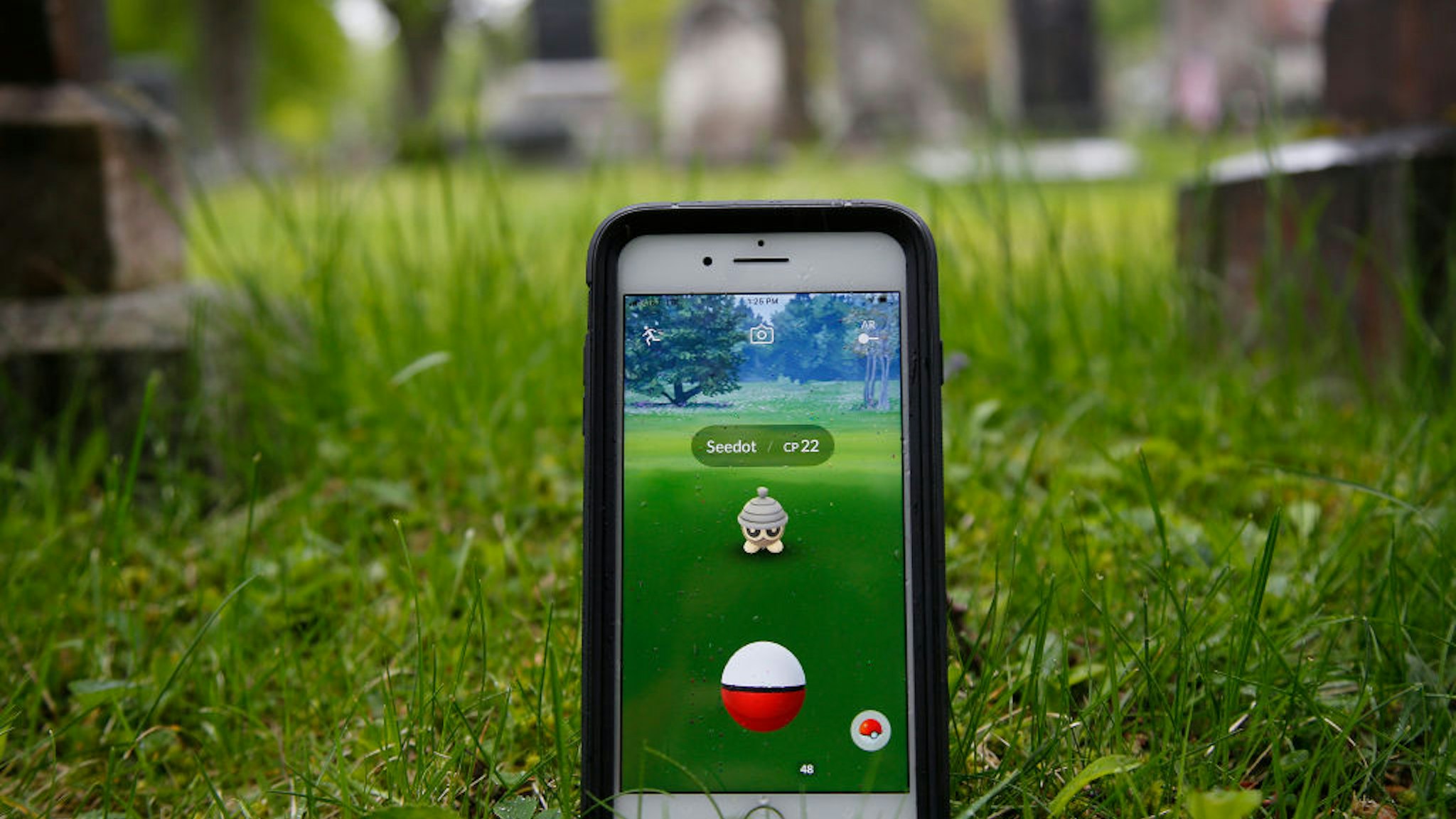In 2016, the mobile game Pokémon Go took the world by storm. Players spent hours per day walking around their neighborhoods and cities in an attempt to catch virtual creatures from the popular franchise. Non-gamers and gamers who were not necessarily Pokémon fans joined in the action.
But the phenomenon was not without its problems. In some cases, players trespassed in order to capture Pokémon, leading to complaints from certain homeowners and business owners. Many of these complainants filed nuisance lawsuits, which were combined into one class action lawsuit against Niantic, the company that created the game.
Earlier this year, attorneys working on the lawsuit proposed a settlement that would require Niantic to remove Pokémon gyms and stops that were near homes, among other agreements. The Hollywood Reporter wrote that complainants included stories like those of “the residents of the Villas of Positano, an oceanfront condo in Hollywood, Florida, who during the height of the Pokémon Go phenomenon, woke up in the early morning hours to hundreds of players behaving ‘like zombies, walking around bumping into things.’”
Niantic agreed to the settlement offered by the plaintiffs back in February, but a judge issued the final judgment on August 30. This order accepts an amended settlement agreement that was proposed in April. The settlement requires Niantic to do the following for Pokémon Go players in the U.S.:
- Resolve complaints within 15 days for 95% of cases each year,
- Remove Pokéstops and gyms that are within 40 meters of persons filing complaints within five business days after agreeing to do so,
- Maintain a database of complaints for one year and avoid placing future Pokéstops and gyms on single-family residential property,
- Maintain a form on the Niantic website allowing homeowners to require a Pokéstop or gym be removed if it is within 40 meters of their property and avoid replacing such a Pokéstop or gym,
- Provide a message when groups of 10 or more participants are in the same area warning them to be “respectful of their real-world surroundings” or something similar,
- Create specific instructions for those reviewing complaints,
- Manually review “a statistically significant percentage” of new Pokéstops and gyms to ensure there won’t be complaints, and
- Maintain a mechanism allowing public parks to request their hours of operation be listed on existing Pokéstops and gyms to avoid trespassing,
There is no mention of a specific amount of monetary compensation, but it appears Niantic will be responsible for the plaintiffs’ legal fees.
The earlier report from The Hollywood Reporter said plaintiffs sought $1,000 awards each while the law firm sought “up to $8 million in attorney’s fees and $130,000 in expenses.”
This is not the only lawsuit involving the popular Pokémon Go game. Last year Niantic refunded the costs of tickets purchased to Pokémon Go Fest — which became the Fyre Festival of mobile gaming. People purchased tickets to attend the event in Chicago, but due to the high volume of people, festival attendees were unable to play the game due to connection problems. Engadget reported Niantic settled a class action lawsuit regarding the festival for $1.57 million in April 2018.

